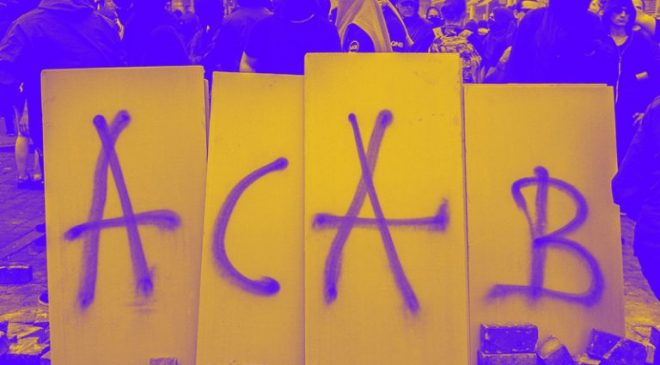Editor’s Pick. Written by Moisés Naím.
Power is shifting—from large, stable armies to loose bands of insurgents, from corporate leviathans to nimble start-ups, from presidential palaces to public squares. It has become harder to wield power and easier to lose it, and the world is becoming less predictable as a result. As people become more prosperous and mobile, they are harder to control and more apt to question authority.
Insurgents, fringe political parties, innovative start-ups, hackers, loosely organized activists, upstart citizen media outlets, leaderless young people in city squares, and charismatic individuals who seem to have “come from nowhere” are shaking up the old order. These are the micropowers: small, unknown, or once-negligible actors who have found ways to undermine, fence in, or thwart the megaplayers. Navies and police forces, television networks, traditional political parties, large banks—the large bureaucratic organizations that previously controlled their fields—are seeing their authority undermined.
Micropowers should be aberrations. Because they lack scale, coordination, resources, and a pre-existing reputation, they should not even make it into the game, or at least they should be quickly squashed or absorbed by a dominant rival. But the reverse is increasingly true: The micropowers are beating the megaplayers.



